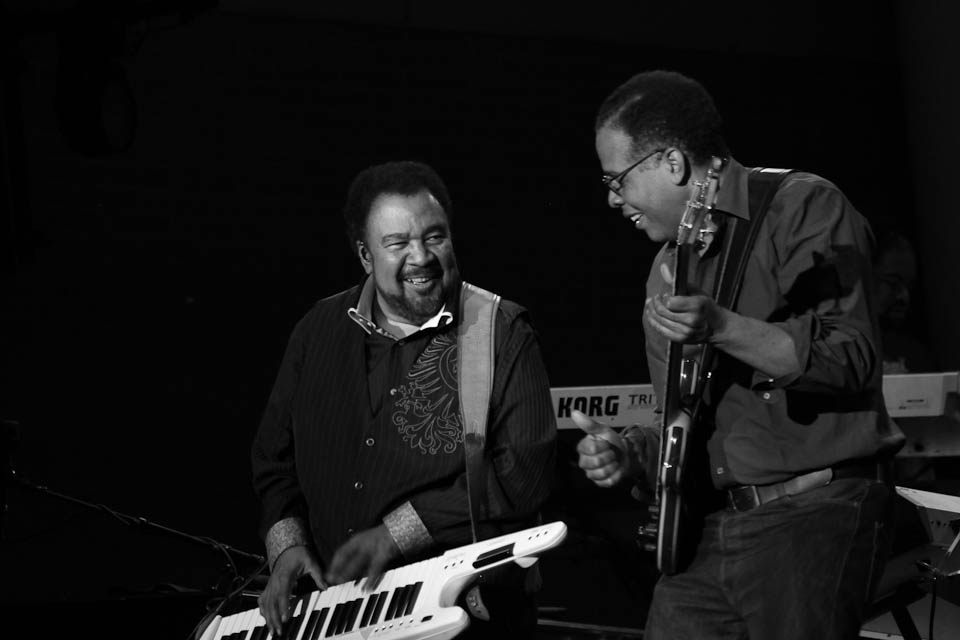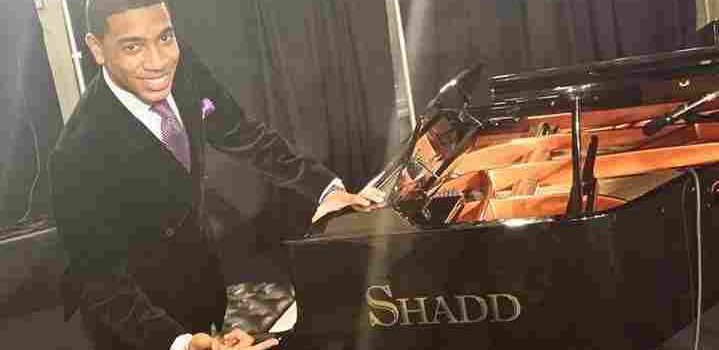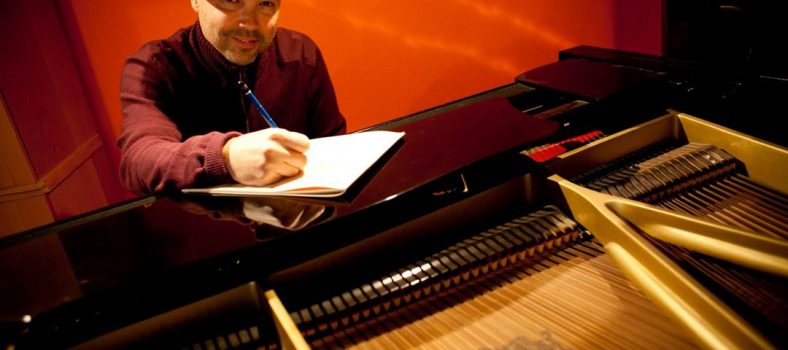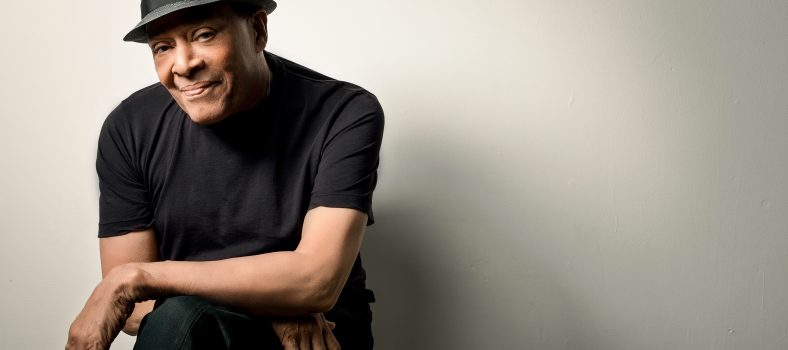For those fans of ‘70s jazz fusion, and for those who might not have been old enough to remember that period, the legendary pairing of keyboardist George Duke and bassist Stanley Clarke provided a time machine of sorts during their electric performance at the Country Club Hills Theater on Friday, June 22nd.
Many in the filled-to-capacity theater knew the legends’ music intimately; so it felt like a reunion of sorts. Henry McDaniel, a 21-year-old drummer out of Chicago, and Bobby Sparks on keyboards, accompanied the two master musicians as they played with a synthesis of joy and inspiration.
Various songs served as time machines for a specific place, culture, and music that transcended the early consciousness of many audience members. Duke and Clarke helped audience members recall those memories that some experienced when they initially heard their albums or saw them perform for the first time.
Throughout the performance Duke and Clarke shared stories of their inspirations. Duke spoke of where he was emotionally when he created the album the Brazilian Love Affair – he was urged by legendary artist Cannonball Adderley to enlarge his musical palette, so Duke traveled to Brazil for inspiration. During the concert -in jest – Duke said that he’d written “Sweet Baby” for Clarke, who at the time was having relationship issues.
During the performance Duke’s keyboard collapsed, but he didn’t miss a note. He continued to play as a stagehand held it in place.
At another period during the performance, Clarke paid homage to Duke in turn, saying that he had the pleasure of playing with one the greatest jazz musicians ever. It was apparent. They each spoke of their early commitment to learning how to play blues and jazz standards to hone their craft, which was a perfect segway into their performance of “Autumn Leaves,” originally composed by Joseph Kosma in 1945. Clarke led the rendition of “Autumn Leaves” on his upright bass, while Duke followed with a solo that was so ethereal it literally moved many to tears.
Continuing to heap praise upon each other, Duke gave Clarke more accolades during the performance, adding, “He has changed the way the bass is played; he (has) made the bass a lead instrument.” The pair followed “Autumn Leaves” with “School Days,” and then with a song that is a part of the Contemporary Jazz music consciousness, “No Rhyme, No Reason.” Composed by Duke, the song was created because love has no rhyme or reason, he said.
The concert ended on a funky note, when Duke and Clarke’s rousing performance of “Dukey Stick” incorporated the music hook from Parliament’s “Mothership Connection” and brought the audience to its feet. Several audience members were invited by Duke and Clarke to come onstage and sing their best rendition of the the song to close out the performance.
By Monica Stanton





